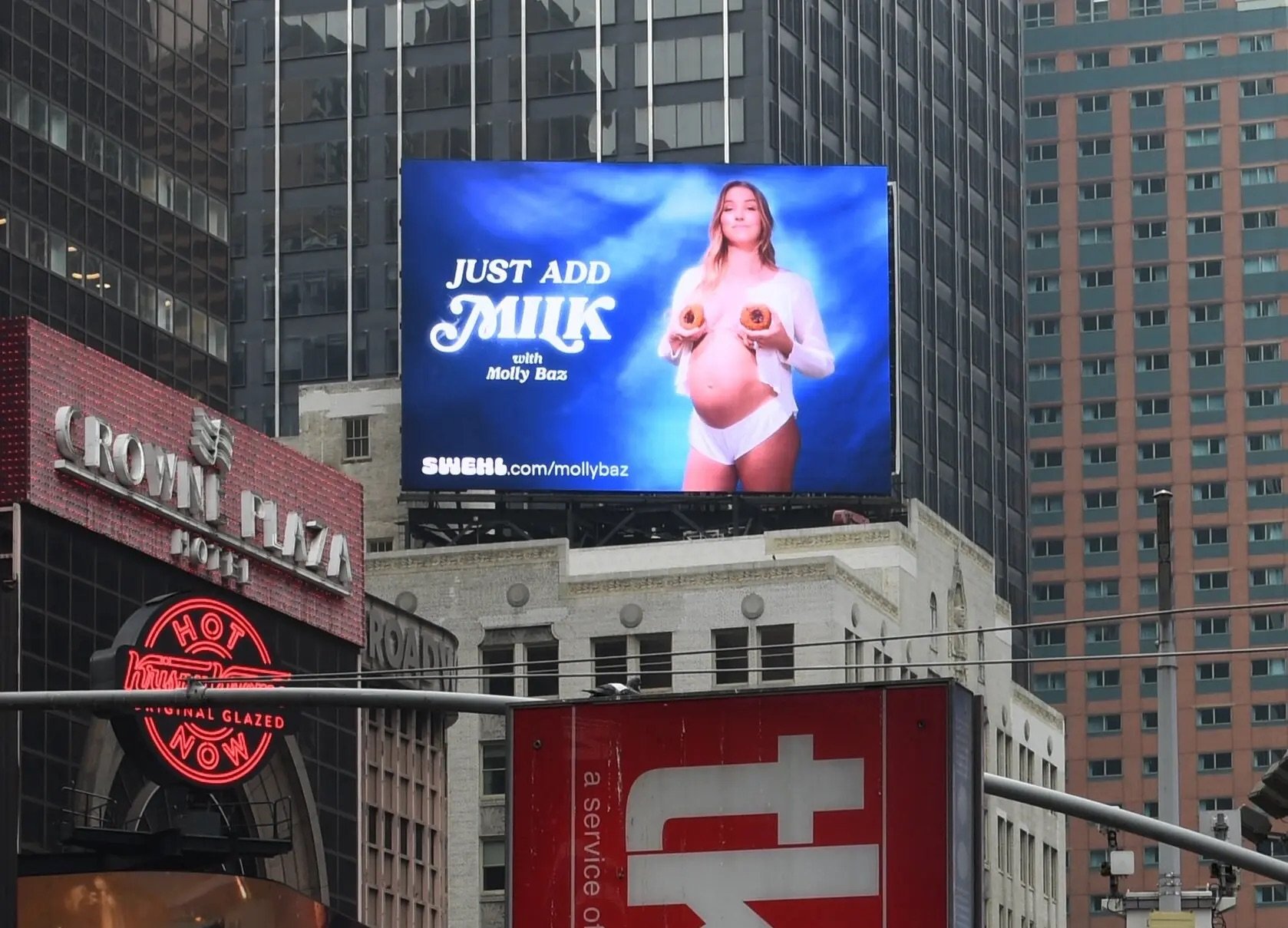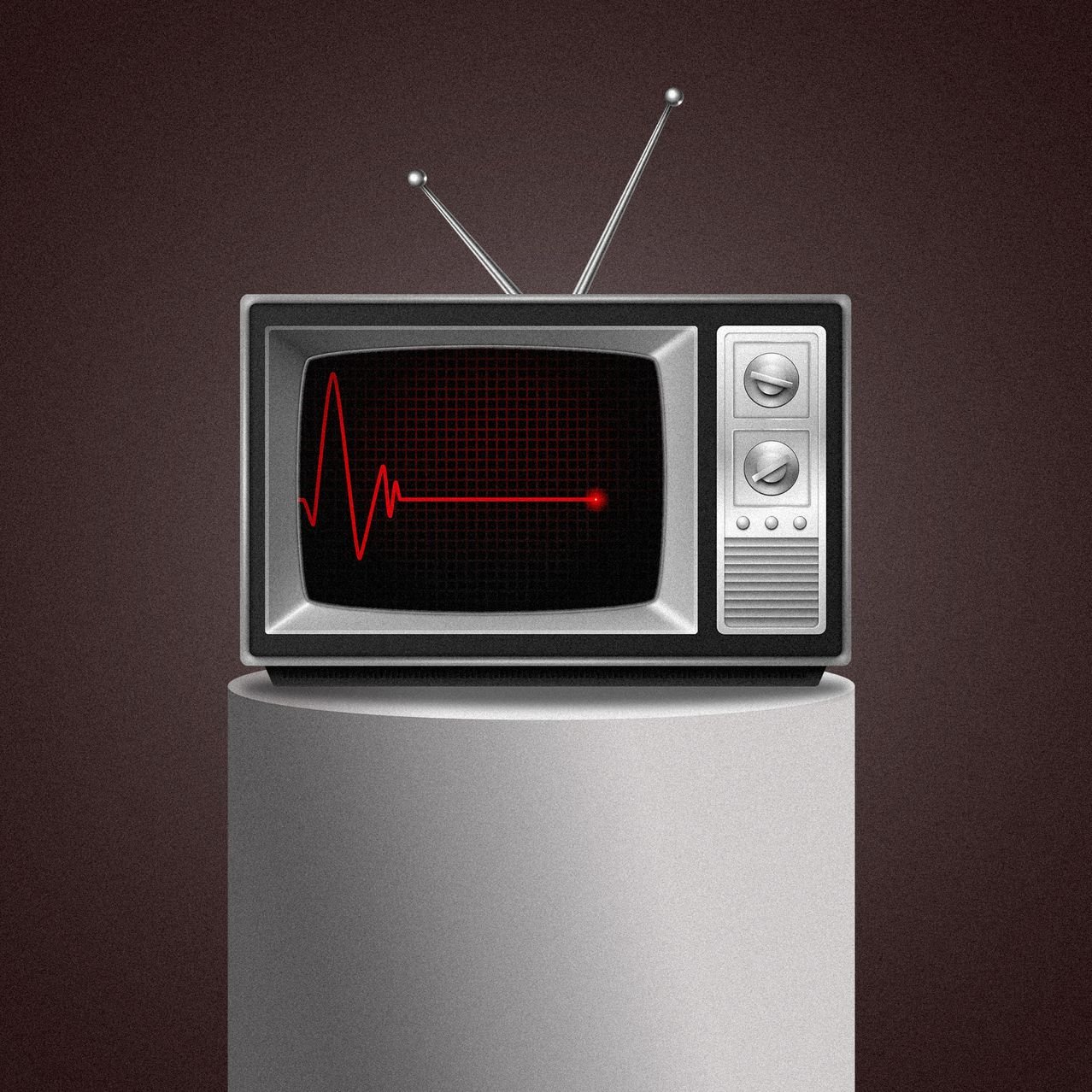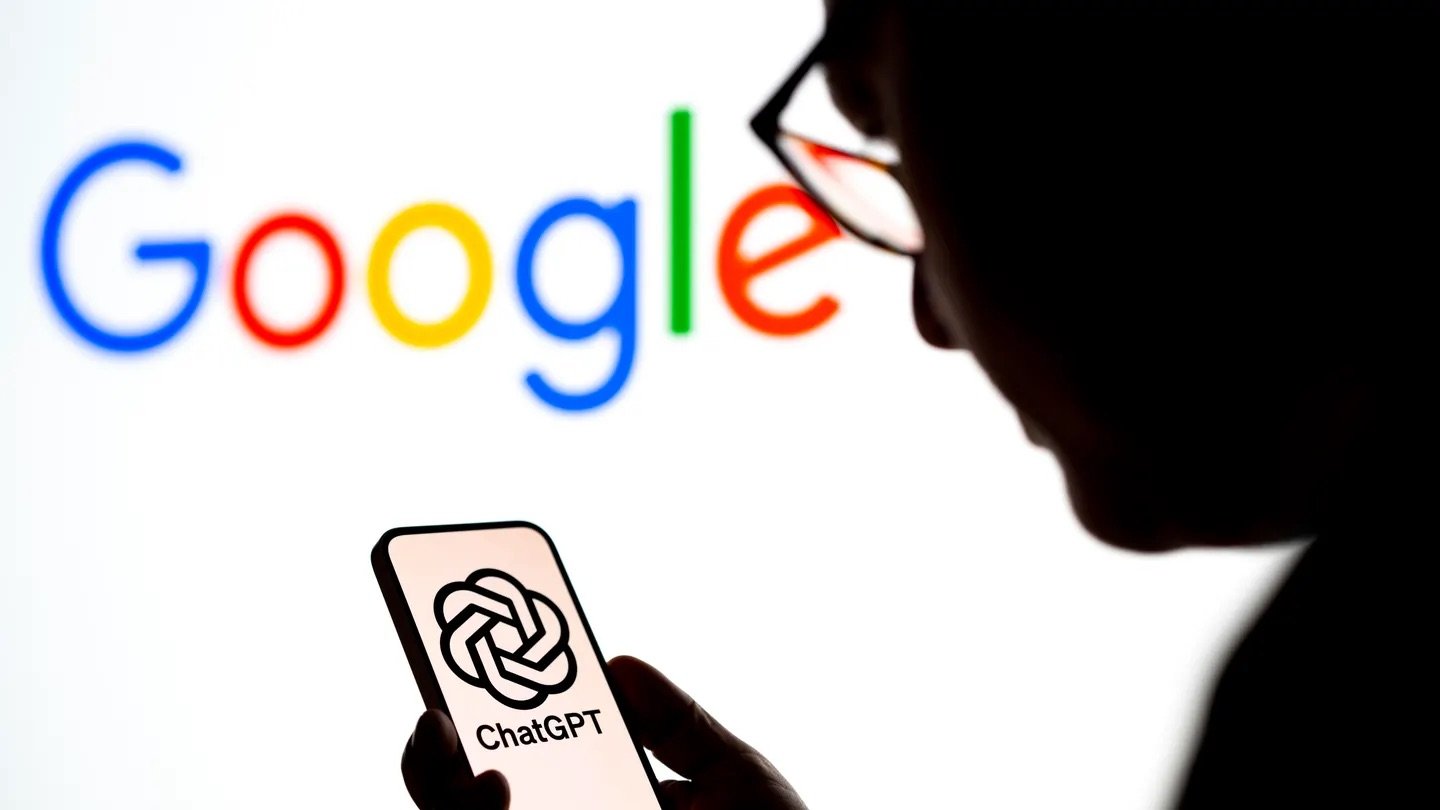MAY 17 | What Stole My Attention This Week
In A Double Standard Move, Billboard Flagged For Review
A billboard from Swehl, a company design to support families in the breastfeeding journey, was removed from Times Square because the image “violated guidelines on acceptable content.” The image features celebrity cookbook author Molly Baz and her pregnant belly, holding Swehl’s lactation cookies over her breasts, which are also in a bra, by the way.
Many news outlets have led with describing Molly in the image as “mostly nude”. Is she? Actually, let’s talk about the fact that she’s pregnant. And breastfeeding can be really hard for many women yet our society judges women who don’t breastfeed. It shouldn’t matter if they won’t or they can’t, it’s their choice. So to further create shame around the image overall, when I think you’d be hard-pressed to find a woman in your life who doesn’t have some kind of complicated feelings around her body, just sets us back.
This New York Times article reminds us of so many other things around women’s health that are censored in this industry.
“Advertising has long had an ambivalent relationship with women’s health content. It was not until 2017 that an ad for period products was allowed to run using red liquid, as opposed to what has been deemed the more palatable blue. In 2020, an ad by the mother and baby care brand Frida that realistically depicted the pain of postpartum recovery was rejected from airing during the Oscars. And online content related to women’s health or breastfeeding is often censored on social media, as was the case for the baby care company Tommee Tippee, which ran a campaign titled “Boob Life” for its breast pumps, depicting a montage of realistic breastfeeding vignettes and breasts.”
Just getting women access to information about their health should not be so difficult.
I wonder who flagged the content? As E.L.F. Beauty recently pointed out, there are a lotttttta Dicks sitting on corporate boards.
The Great TV Debate Continues
Just as much as we love to pretend we don’t love winning awards we created to give to ourselves, people in advertising love to debate whether “TV works”.
I do know that our jobs have become so much more complex in the last 10 years, as the WSJ points out here. Media is fragmented but creative is expected to carry the red thread across every channel and medium, regardless of size, length, or fidelity.
“A lot of people think streaming might be a salvation, but no, all of TV is in secular decline. No matter how much streaming grows, it can never make up for the lost linear ad inventory so long as ad loads remain light and consumers exhibit preferences for ad-free options,” said ad analyst Brian Wieser.
It’s the wild west right now. Streaming services are expensive even though their measurement practices are shady and often can’t confirm where or when ads ran, which is odd for something born of digital. And the Global SVP of Consumer Experience at Mondelez points out to WSJ that they wouldn’t even buy linear TV if they weren’t grandfathered in at certain prices.
It all goes to back to objectives and budget. TV might work, just depends on what you are trying to achieve and how much you have to get there.
TikTok Is Certainly Persistent
TikTok is testing the ability for users to upload 60-minute videos. The feature is available to a limited group of users in select markets, and TikTok says it doesn’t have any immediate plans to make the feature available widely.
It’s funny coming off of the ‘great TV debate’ since so often experts cite one of the reasons TV is dying is due to younger generations not having the attention span. Maybe they do have the attention span if the content is to their liking?
TikTok has regularly experimented with longer form content, likely to stay competitive with YouTube.
Also, follow social media consultant Matt Navarra if you don’t already.
Google Search Is Getting Some Competition
On Monday, OpenAI, the maker of ChatGPT, will announce it’s new AI search product. That would be one day before Google is expected to announce plans for its Gemini AI products. Zing.
ChatGPT has been respected for it’s ability to filter and distill information from the internet but was stunted in providing more current information until an integration with Microsoft’s Bing search engine for paid subscribers.
Google, long considered the authority in the search space, is getting challenged all around. A senior vice president at Google even admitted that, in their studies, 40% of ‘young people’ don’t go to Google Search or Maps, they go to TikTok and Instagram.
Read more about the speculation on OpenAI’s search plan on Forbes.





